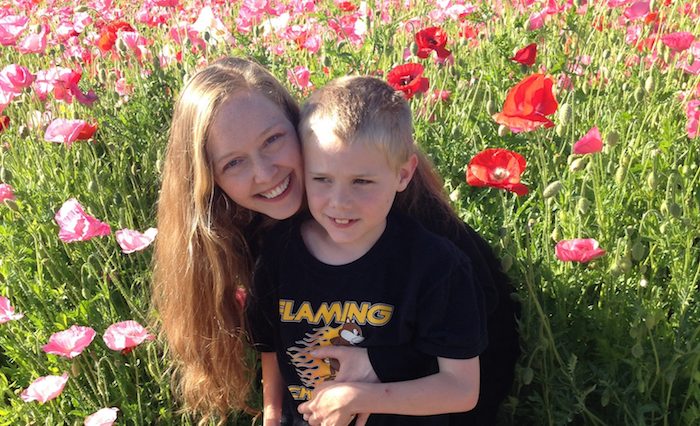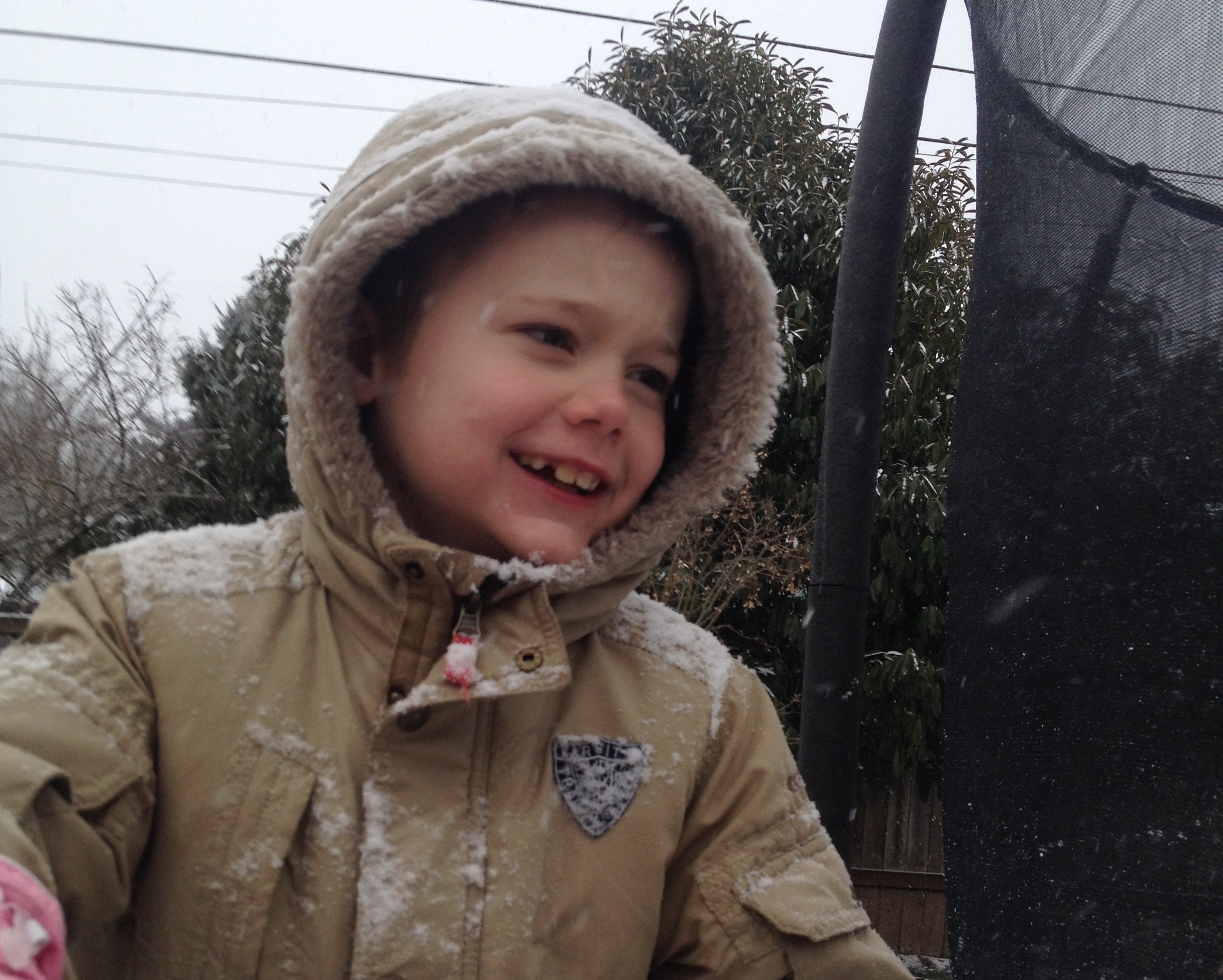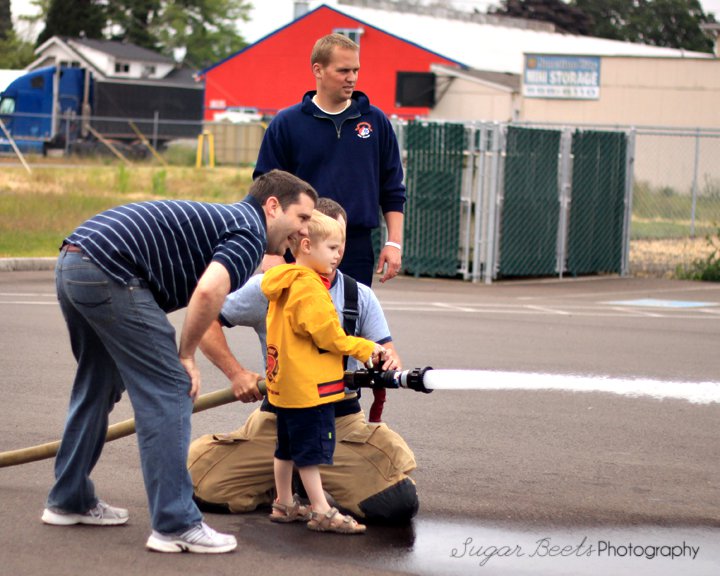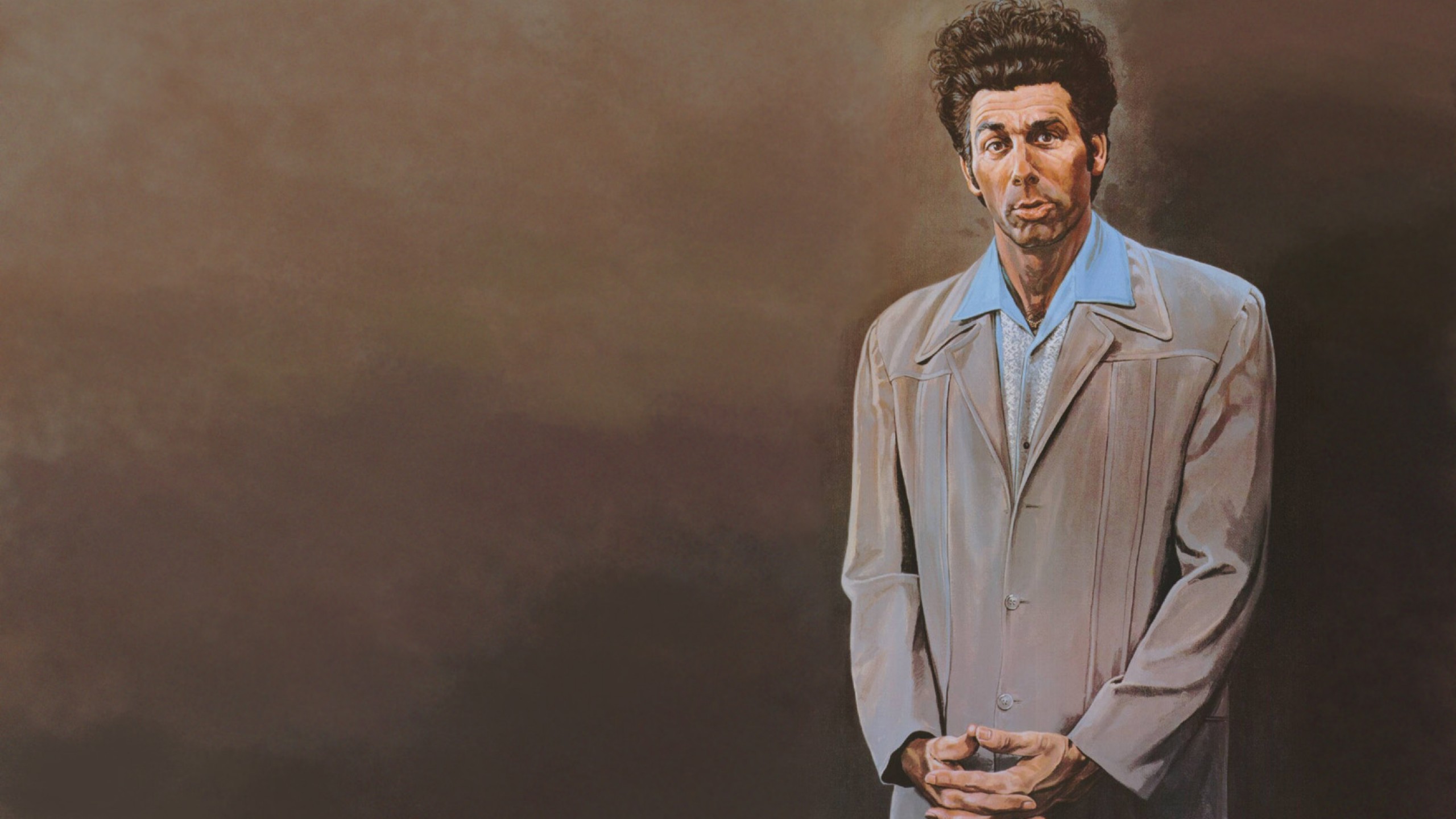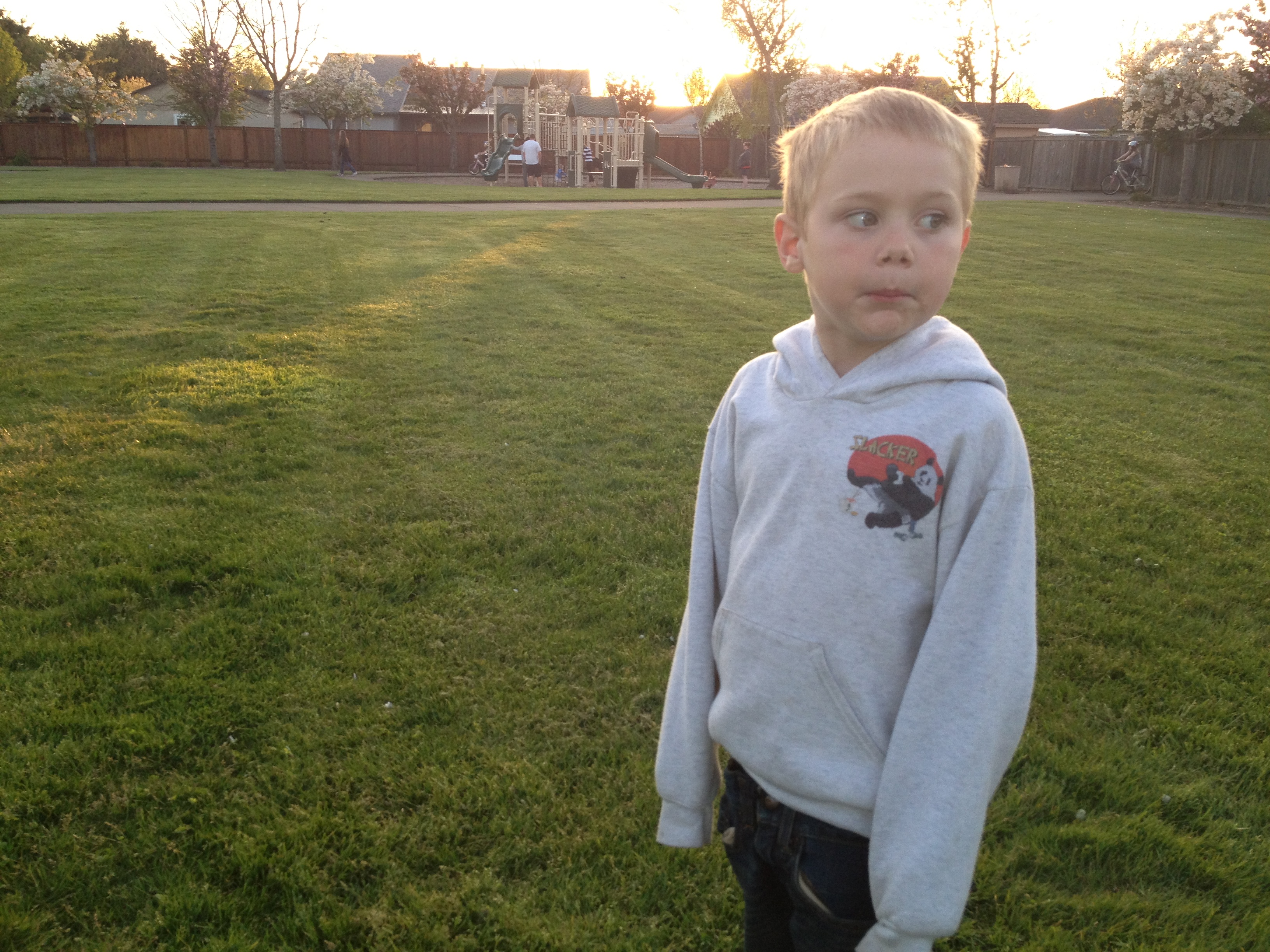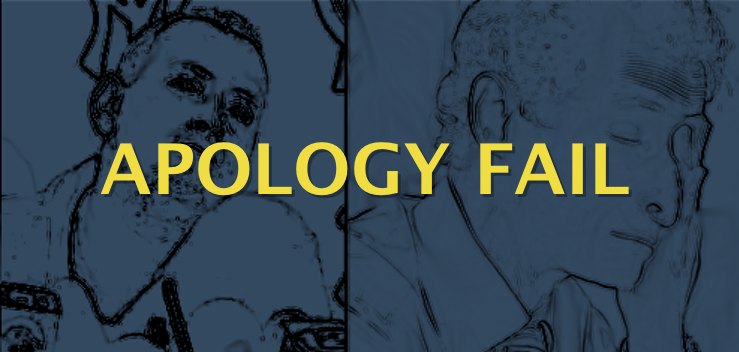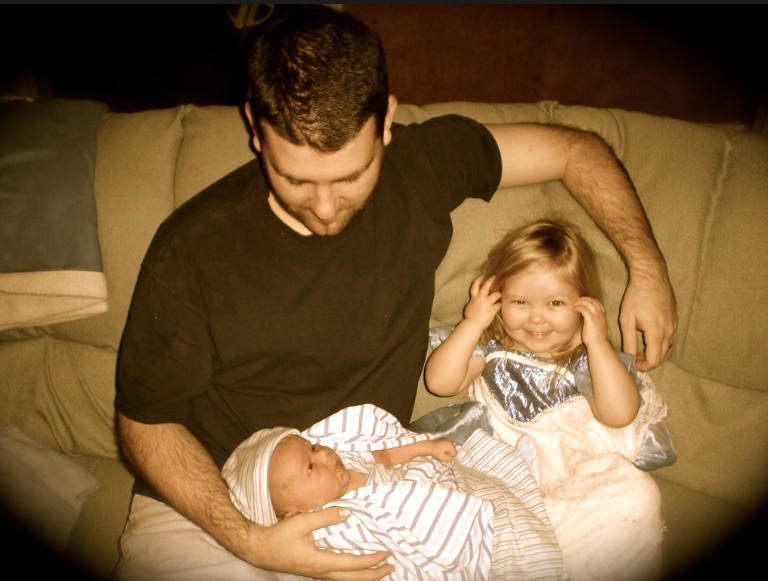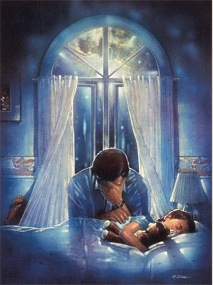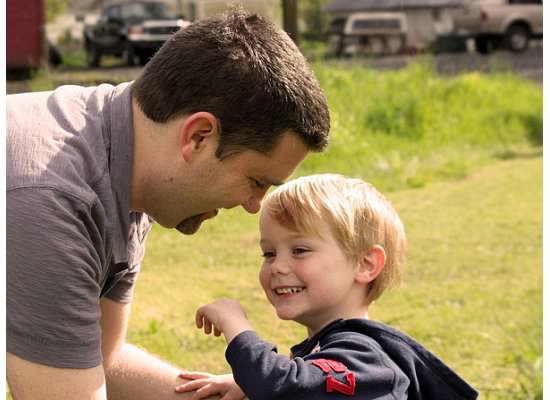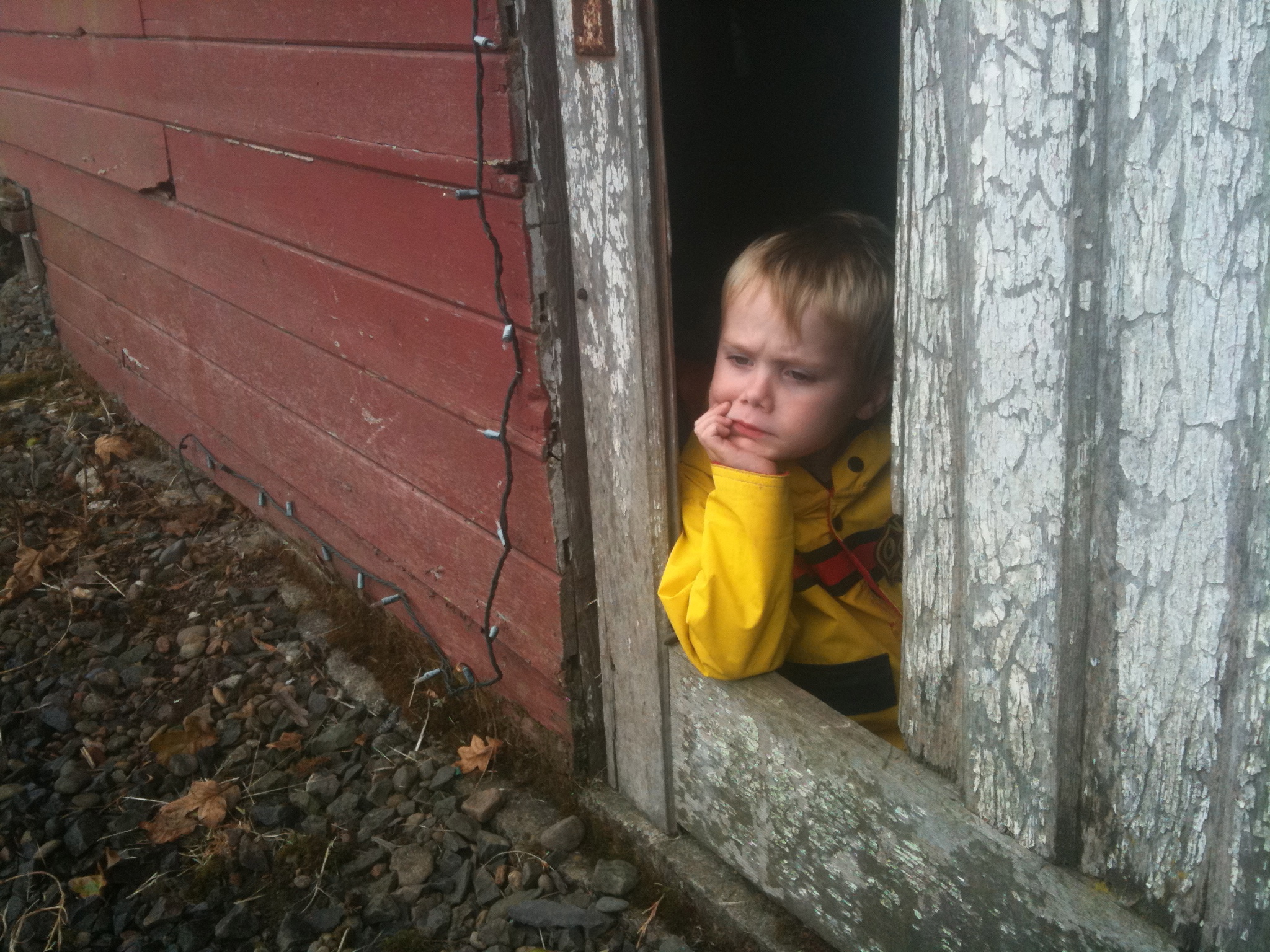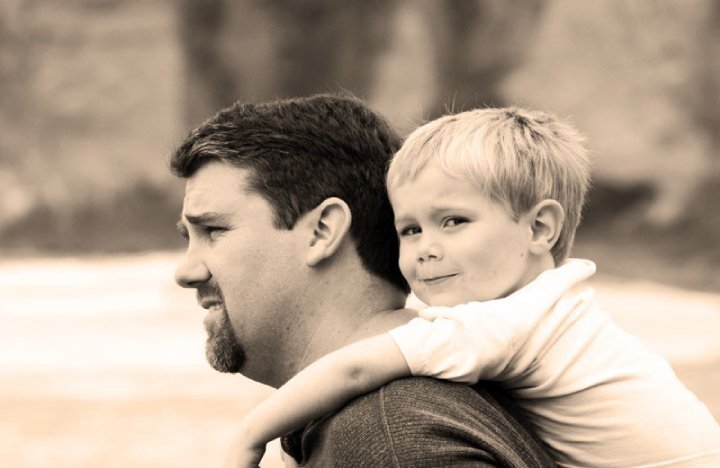In Defense of Happy Stories
My friend Janae only wants to watch “H.E.A.” movies (Happily Ever After.) If it doesn’t end with with the shy guy and the pretty girl riding away on the gilded stallion, she’s not terribly interested. Every time I make fun of her about it, she makes me this falsetto Chewbacca growl and tells me to back off. Nobody ever accused Janae of being a pushover.
“HEA movies” are the bane of postmodern existence, second only to Thomas Kinkade paintings. They don’t win the awards or critical acclaim because they aren’t realistic. Life isn’t all kisses and sighs and sunsets. It’s full of coldness and blood and starvation and cancer. The stories we tell with art should reflect those factors. Besides, it is not nice to raise people’s expectations to unrealistic levels.
There are shorter H.E.A. stories all over the internet now. You’ve seen them. They are tailor made to go viral:
“Dalmatian Puppy Shows the True Meaning of Christmas!”
“Boy Without Feet Auditions for a Tap-Dancing Role, and YOU WON’T BELIEVE WHAT HE CAN DO!”
“Dolphin and Her Former Shark Enemy Finally Meet Face to Face, and we DARE YOU NOT TO CRY!”
Autism parents get more of these than most others, I’d wager, and they usually look something like this:
“Boy with Autism Sings a Michael Buble Hit, and it will BRING YOU TO TEARS!”
Or like this:
“Yada Yada Yada, Something About Carly Fleischmann.”
And you know what I do when I see these? I move on. I almost never click them. Because I am such a postmodernist: I sneer at H.E.A. stories.
These stories come to me face to face even more often, especially on Sunday mornings. I’ve preached openly about my own struggles with Jack’s condition—even stood up on stage and cried like a baby once—and whenever I do, I get a boatload of encouragement from a congregation that has embraced my son. I love these people. But in the midst of the encouragement, I often meet a first time visitor who wants to tell me about a friend’s cousin who has an autistic daughter who was doing badly but now is doing so great, and…
*Eyes… glazing over.*
*Concentration… Waning.*
*Head… Nodding anyway.*
*Keep… Smiling…*
My mind presents arguments against the stories. Every kid is different. They’re not all as severe as Jack. Not all kids have special skills that will “BRING THE AUDIENCE TO THEIR FEET!” Not all kids are going to break out of that non-verbal box they live in.
Nice to meet you, first time visitor, but can’t you see I’m trying to manage my hopes here?
This scenario played out a few weeks ago, but something changed. Just when my customary eye glazing began, I caught myself. This story I was hearing was not fiction. There was a real kid who had real breakthrough. Her parents had probably felt all that I had felt. They were tired of the H.E.A. stories just like as I was. And then… breakthrough.
I forced myself to listen. I forced myself to be encouraged. And you know what? It worked.
There is an inherent weakness in the postmodern insistence on despair, and that is this: the reality of joy. Of breakthrough. Of Good News. Joy flies in the face of our desaturated tragedian lives and emo soundtracks. The major chord has a way of breaking through the dissonance, and it is indeed beautiful.
The happy stories remind me of the childlike wonder of fairy tales. The promise that we can overcome. They whisper to us, as Lewis says, of the mountain where all the beauty came from.
And all of this humbles me. It makes me want to kick a rock and hang my head and tell my friend Janae that I am wrong and she is right. That I need H.E.A. stories as much as I need the sad ones. Because joy is at least as realistic as sorrow.

